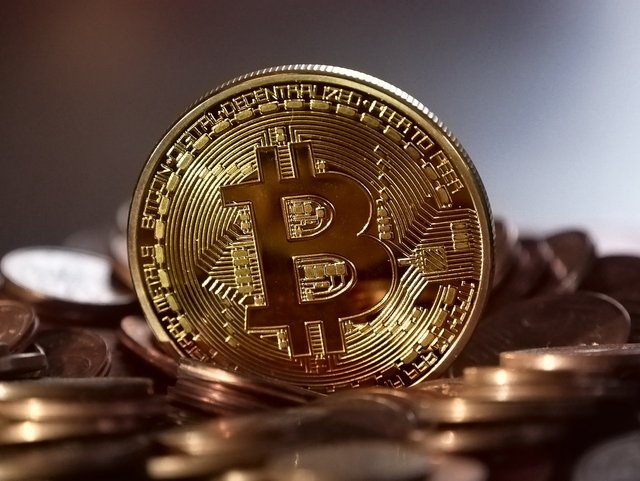We are most popular with the term Bitcoin but very few of us actually know what it really is and how it works. That, we will be looking at today.
Bitcoin is a type of electronic money. But unlike the fiat money that your government issues, it is not governed by a central bank. Instead, thousands of computers located all over the world operate the Bitcoin financial system. By downloading the open-source software for Bitcoin, anyone can take part in the ecosystem.
The first cryptocurrency, Bitcoin, was introduced in 2009 after being first announced in 2008. It enables users to send and receive bitcoins, a type of digital currency (abbreviated BTC). Its intrinsic resistance to censorship, the impossibility of double spending money, and the flexibility to perform transactions whenever and wherever you choose are what make it so highly enticing.
When Alice makes a transaction with Bob, she's not sending money in the way you'd expect. It's not like the digital equivalent of handing him a dollar bill. It's more like she's writing on a piece of paper (that everyone can see) that she's giving Bob a dollar. When Bob goes to send the same funds to Carol, she can see that Bob has them by looking at the sheet of paper.
The sheet is a blockchain-based database. It is identically saved on the devices of all network participants. The participants synchronize new information by connecting with one another.
Bitcoin uses a Proof of Work (PoW) consensus mechanism to uphold the safety and reliability of the blockchain. When a user sends money, they broadcast it to the network, where "miners"—other nodes—verify it. These miners must invest computational resources to compete to solve a challenging mathematical puzzle. An additional block of transactions is added to the blockchain by the first miner to crack the riddle.
Anyone who suggests a legitimate block will receive a payment as an inducement. Transaction fees from the transactions within the block and the block subsidy make up the reward, also known as the block reward. The only source of "fresh" bitcoins is the block fee. A particular number of coins are added to the available supply with every block that is mined.
The purpose of Bitcoin's PoW consensus method is to make creating blocks expensive while making validating them inexpensive. Let's say someone uses a false block to attempt to cheat. In that situation, the network rejects it right away, and the miner is unable to recuperate their mining expenses.
Bitcoin is a decentralized digital currency that has gained significant attention in recent years. It was created to provide an alternative to traditional financial systems and operates on a peer-to-peer network, allowing users to send and receive payments without intermediaries.
While Bitcoin is still a relatively new technology, it's already revolutionizing the way we think about money. As bitcoin and other cryptocurrencies continue to evolve, it will be interesting to see if they become a part of our everyday lives.

Great post regarding BTC, many can learn about the basics from your post. Thank you for sharing,
Downvoting a post can decrease pending rewards and make it less visible. Common reasons:
Submit
Thanks for your comment
Downvoting a post can decrease pending rewards and make it less visible. Common reasons:
Submit